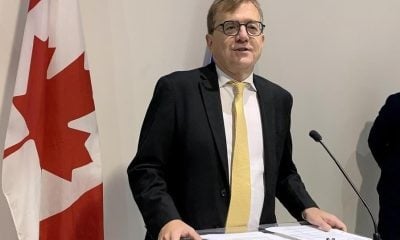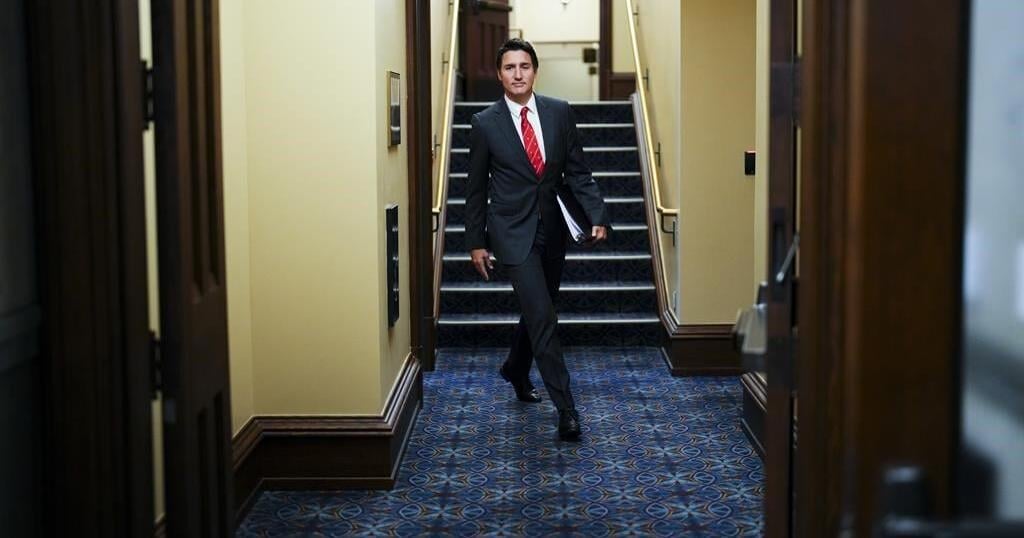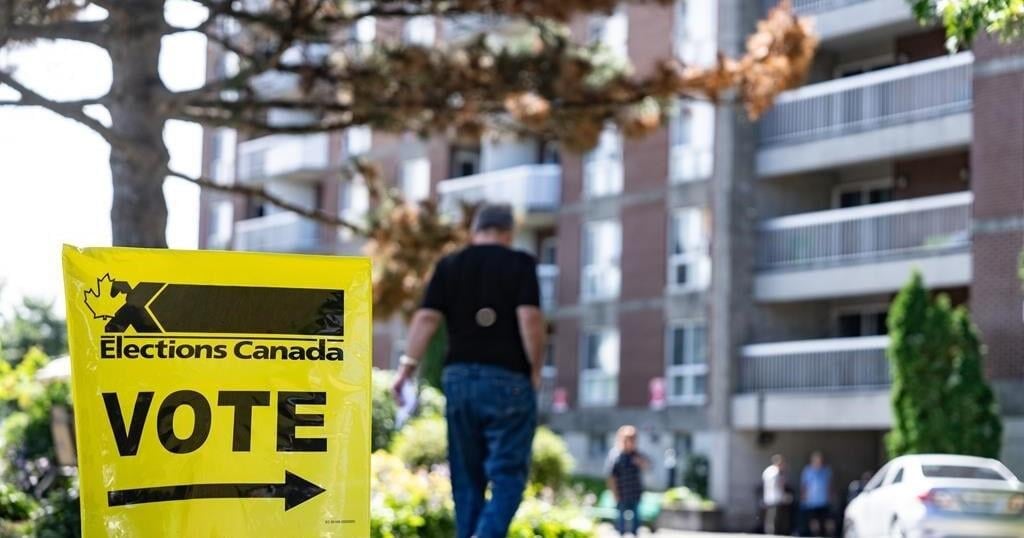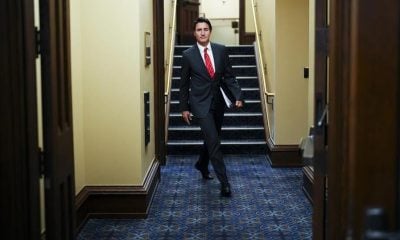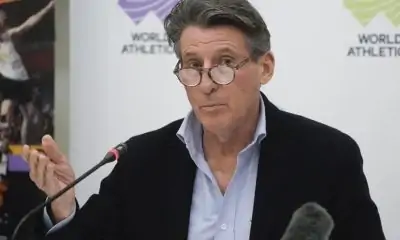What does Israel want?That is always the most important question but also the one that is so difficult to answer.The question appeared in sharp focus this week as Prime Minister Benjamin Netanyahu and Blue and White leader Benny Gantz battled over who is more right wing, and who is more committed to annexing the Jordan Valley, before, during or after the upcoming election.
It was a clear lesson in how policy should not be set, how a country should not make decisions on strategic and fateful issues such as what its borders will be, how it will determine them, and whether it will be done unilaterally or within the framework of an internationally recognized peace deal.It started on Tuesday when Gantz went to the Jordan Valley with Moshe Ya’alon, No. 3 on his list and his former commander in the IDF. There, overlooking the border, Gantz announced that Blue and White would work to annex the Jordan Valley after the election. He added two caveats: that the application of Israeli law would be done in a “nationally agreed upon process,” and in “coordination with the international community.”It was a sharp right-turn for Gantz. Before the previous election, in September, Gantz refrained from declaring that he would annex the Jordan Valley, merely sticking to a script that the Jordan Valley is “part of Israel forever.” He said this after Netanyahu held a press conference just days before the September vote, vowing to annex the Jordan Valley after the election if he won.
In response to Gantz’s announcement this week, Netanyahu attacked the Blue and White leader, asking him on Twitter why he doesn’t agree to annexation immediately. “Why wait until after the election if we can apply sovereignty now with wide national consensus in the Knesset?” Netanyahu wrote. “Benny Gantz, I expect your answer by the evening.”Does Netanyahu think Israelis are fools? Ahead of the September vote he said that his plan was to annex the Jordan Valley after the election. Not before, after.
There are videos of him saying it. Now that Gantz caught up to him on the Right, Netanyahu has to move even further Right, saying that it can be done immediately.Gantz did not remain silent and challenged Netanyahu. “Here’s a tip: You can apply Israeli law over the Jordan Valley with a cabinet decision within two hours and without a debate in the Knesset,” he wrote back to the prime minister on Twitter on Tuesday. “Let’s see you do it.”Confused? You should be. The reason is because this is not the way a responsible government enacts a policy with far-reaching consequences for Israel and potentially the entire Middle East.Not only will the annexation of the Jordan Valley potentially lead to cutting off security coordination with the Palestinians, but it could also lead to a total collapse in Israel’s relations with King Abdullah, whose regime’s stability is of utmost strategic importance for the Jewish state.At the same visit to the Jordan Valley on Tuesday, Gantz was asked about the Trump peace plan, dubbed the “Deal of the Century,” which seems to be headed for a rollout next week. “I hope President Trump will hurry and release his plan,” he said. “I’m looking forward to the plan’s release.”What? Did we hear correctly? Gantz is looking forward to the plan coming out soon? Just two weeks ago, Gantz said that releasing the plan before the election would be a “gross intervention” in Israel’s democratic electoral process. He said it in private meetings and then repeated it at a Blue and White faction meeting.
THE REASON Gantz did not want the plan to come out before the election was quite obvious. He knows that the plan is going to be favorable for Israel – it is expected to declare, for example, that all settlements remain Israeli territory – and that Netanyahu will then use its unveiling as part of his campaign to explain to the electorate why they need him to remain in office.As it is, Gantz is suspicious of the Trump administration and the way it has bear-hugged Netanyahu over the last three years. Yair Lapid, his Blue and White co-leader, has said that one of the first decisions he would make as foreign minister would be to replace Israel’s ambassador to the US, Ron Dermer.What happened that Gantz zigzagged? Why is he suddenly in favor of annexation and of releasing the peace plan before March 2?The answer seems to be a mix. It is possible that Gantz changed his mind about the plan and understands that it truly is in Israel’s interest. After making his first “gross interference” comment, he met with US Ambassador to Israel David Friedman and Trump’s peace envoy, Avi Berkowitz.It’s possible that both men updated Gantz about the plan and what it means for Israel.
Gantz is not the typical politician. It could very well be that he saw the strategic benefit for Israel and understood that it transcended politics.What is more likely to have happened is that Gantz understood that the plan is coming whether he wants it or not, and that when it is revealed it would be politically beneficial to be in favor of it than in opposition.The reason is simple: Gantz is trying in the five weeks left until Election Day to steal away as many right-wing votes as he can, either from Likud or from Naftali Bennett. His path to do that is to turn Blue and White to the Right.The thinking behind this is that if Gantz can pull two to three seats away from Netanyahu and Bennett, he can potentially win the election. After the September vote, Netanyahu succeeded in blocking Gantz from forming a coalition due to his bloc of 55 seats against Gantz’s 52. If Gantz has 55 after March 2 and Netanyahu 52, it’s a different ballgame.
What are his chances? Unclear. Netanyahu is doing an effective job at branding Blue and White as left wing and tightening the ranks of his voters. On the other hand, there are traditional Likud voters who favor change and believe that Netanyahu’s time has come, mostly due to the indictments he is facing on charges of bribery, fraud and breach of trust.Those voters might have moved to Bennett, but after he joined up with religious radicals Rafi Peretz and Bezalel Smotrich, those voters might be looking for a new political home. Will they go to Blue and White? Maybe. Avigdor Liberman is another option.In the end, though, what really counts is this: In 1967, Israel conquered the Jordan Valley and the rest of the West Bank. For 53 years – whether right or wrong – it refrained from unilaterally setting its borders. To do so now, in the middle of an election campaign, is not serious and undermines the move itself by politicizing it.Setting permanent borders needs to be done by an elected government given the mandate of the people.
Let’s get one and then make decisions that change Israel.***Last March I flew to Warsaw to interview Polish President Andrzej Duda.It was a meaningful moment. My late maternal grandparents came from Poland, one from Lodz and the other from Sosnowicz. My grandmother was liberated 75 years ago this coming Monday from Auschwitz, my grandfather from Bergen-Belsen in April.In their wildest dreams, I knew when I flew to Warsaw that they never would have imagined their Israeli grandson would be striding into the Presidential Palace to meet the president of Poland.Duda was gracious but tough.
He used the interview to explain why his country was not going to cave to Israeli pressure, would stick to its controversial legislation that makes it illegal to accuse of Polish complicity in Nazi war crimes, and why, in his view, Israel needed to apologize for the crisis that has yet to abate between the two countries.Despite almost a year that has passed, the crisis is not only not over but seems to be getting worse. Last week, Duda decided to skip the Holocaust forum at Yad Vashem after Israel refused to let him speak.While it might seem like a fight over ego and honor, Duda might be correct here. Russia and Poland are in the midst of their own argument over who is to blame for the outbreak of World War II. Vladimir Putin recently blamed Poland publicly.
Duda, who has attended numerous Holocaust memorial events over the years, refused to sit at a forum where he would be subjected to hearing Putin without the ability to respond.Holocaust geopolitics are always going to be complicated and full of emotion. Nevertheless, the ongoing deadlock in Israeli-Polish ties is unfortunate. Poland is a natural ally for Israel. It hosted the anti-Iran conference last year that Netanyahu attended, and is viewed in Washington as playing an important role in upping the maximum pressure campaign against the Islamic regime. Having two close allies at odds with one another is not appreciated in Washington.
The Trump administration tried to intervene without success. Vice President Mike Pence, for example, is a strong proponent of fostering better ties with Poland. US envoy David Friedman also tried to sway the Israeli authorities. Neither succeeded.Israel made a decision this week to side with Russia, partly due to the need to continue working with Putin in Syria, but also probably as part of Jerusalem’s efforts to secure the release of Naama Issachar. That might be smart for now, but there is always going to be a tomorrow.Ending the deadlock between Israel and Poland is important. It’s time they get it done.
Source link
Related












